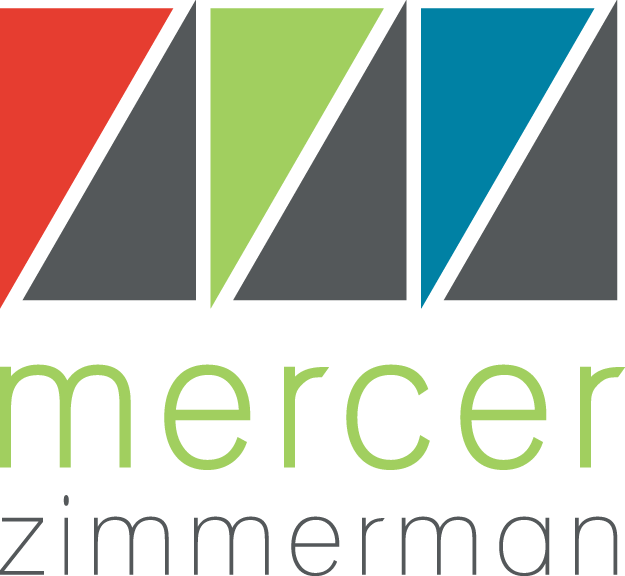1. What is Commercial Lighting?
We consider commercial lighting to be lighting fixtures and controls used by businesses both indoors and outdoors.
Some examples of the markets Cooper Lighting Solutions serves are Education, Healthcare, Hospitality, Office Workplace, Parking Garage, Sports & Entertainment, and Warehouse & Manufacturing.
2. Can Commercial Lighting really increase productivity?
Yes. Commercial Lighting affects employee productivity because light has a significant, proven influence over our mental and physical health.1
For example, illuminance – the amount of light that hits a surface – is an important consideration when designing an LED Commercial Lighting system. It helps businesses make optimum use of daylight and artificial light to create a desirable atmosphere that positively impacts the health and wellbeing of everyone that works in and visits your commercial space.
3. How does LED Commercial Lighting help businesses save money?
There are a number of reasons for the trend toward LED Commercial Lighting, prime among them is the cost savings involved.
LED technology creates a much higher quality light at much less wattage. That translates into lower electric bills. Take our Metalux series of LED panel lighting, for example. It uses 50% – 60% less electricity than incandescent lighting. That’s a significant savings in energy costs.
Increased energy efficiency is also better for the environment, an important consideration as stricter regulations are looming on the horizon.
4. What are some additional ways Commercial Lighting helps businesses and other organizations save money?
Commercial Lighting controls, including strategies and devices, help you use lighting more efficiently, so you’re not wasting money and electricity. Many come equipped with wireless technology.
Zoned lighting strategies take into account that different areas of a building have different lighting needs. The lighting requirements of, say, an often-empty conference room are quite different than that of a busy office space. Zoned lighting considers these types of usage disparities to save electricity and money.
Occupancy sensors use motion detectors or Real Time Location Systems (RTLSs) to turn lights and dimmers on and off based on whether or not a space is occupied.
Daylight sensors measure ambient light (i.e., natural light and artificial light combined) and adjust your lighting accordingly to maintain the right level of illumination with a minimum of energy used.
And last, there’s Time/schedule-based control. Though it’s about as simple as setting your lights on a timer, auto-scheduling can be an effective way to use lighting only when necessary.
5. What is connected Commercial Lighting and why is it beneficial?
The simplest answer is: connected Commercial Lighting is a lighting system that can be digitally monitored, controlled, even used to gather data via computer, tablet, or smartphone.
The lighting usage data collected by a connected Commercial Lighting system, such as our WaveLinx Wireless and Trellix lines, is a valuable tool for reducing a building’s energy consumption as well as improving building operations and employee/customer experiences.
Cooper Lighting Solutions takes our customers’ security very seriously, including the cybersecurity of connected lighting. In fact, we have two independently verified cybersecurity certifications – most other lighting control systems have none.
Bonus Question: Can Commercial Lighting kill germs?
If you’re in Healthcare or work with any type of clean room environments, chances are you already know the answer: Yes, UV-C Lighting can indeed kill germs (microbes) on surfaces, even in the air.2 In fact, UV-C Lighting solutions have been successfully used for years in hospitals, labs, and food processing plants.3
Today, UV-C Lighting solutions have many applications across various markets, including schools, offices, rest rooms, in food services, hospitality, retail, and at sporting events.
For more information about Commercial Lighting solutions, visit CooperLighting.com. Or contact your Mercer Zimmerman sales rep.
1 https://www.ncbi.nlm.nih.gov/pmc/articles/PMC5299389/
2 https://www.ncbi.nlm.nih.gov/pmc/articles/PMC3925713/
3 https://www.ncbi.nlm.nih.gov/pmc/articles/PMC3925713/
